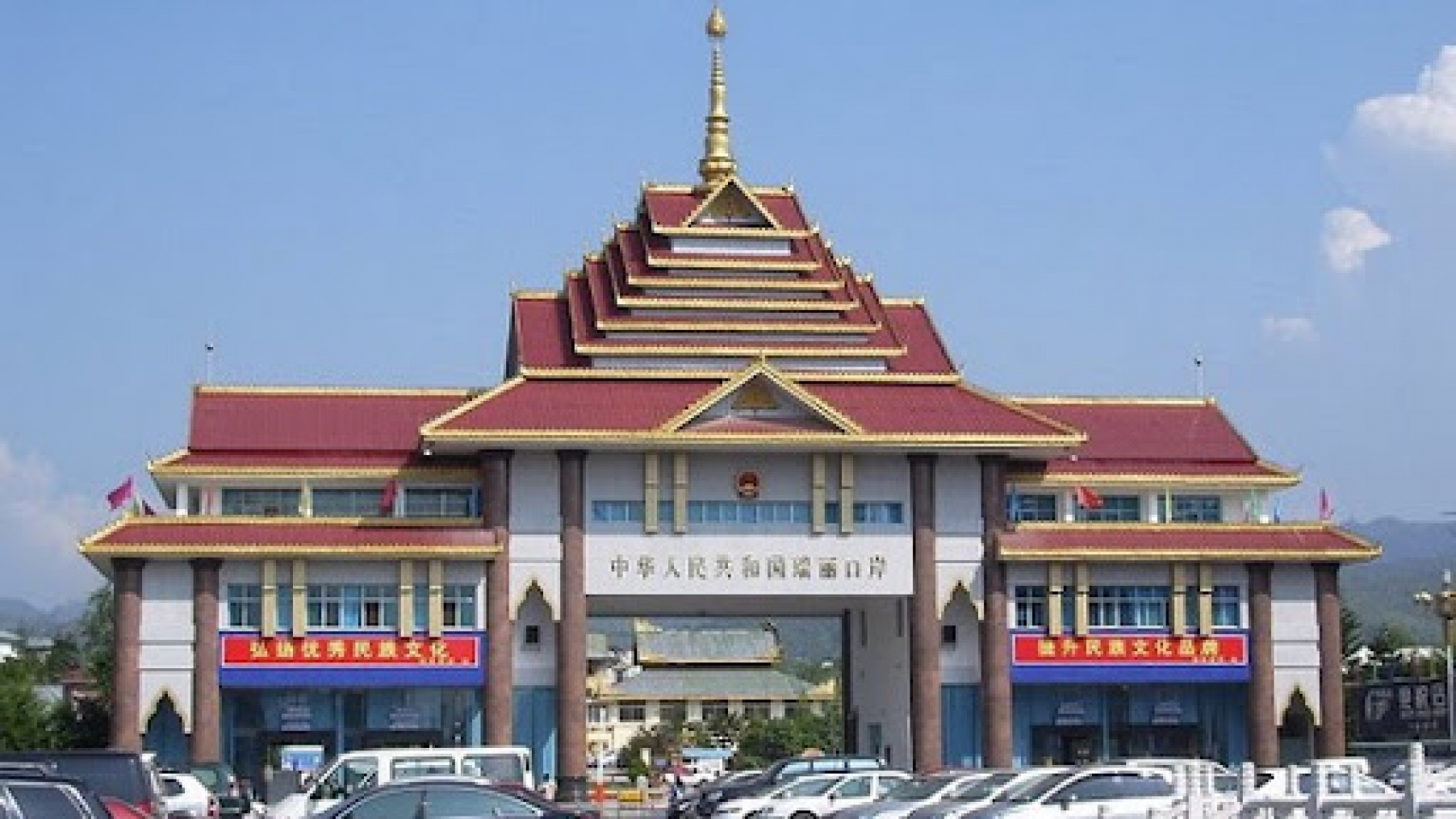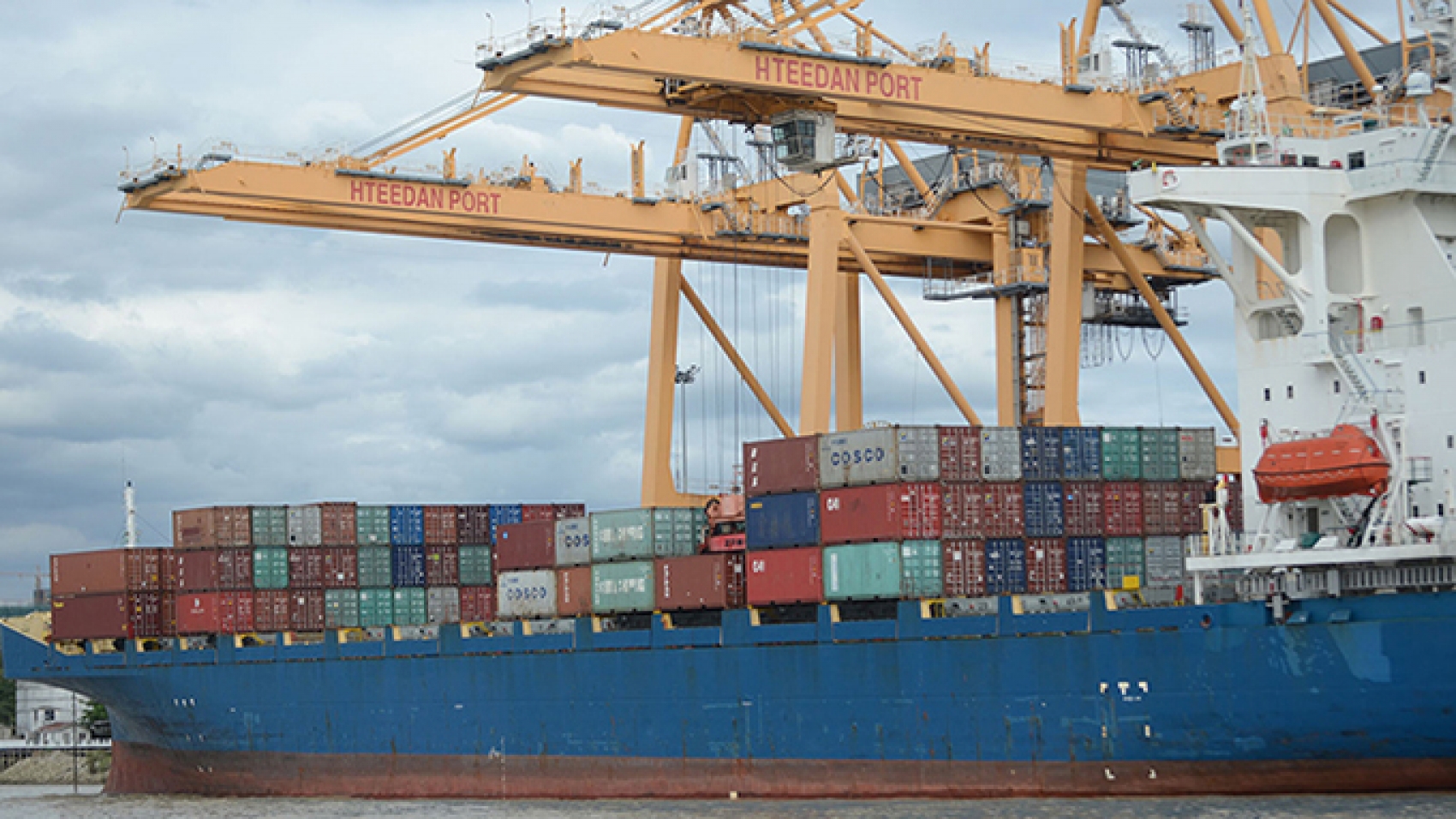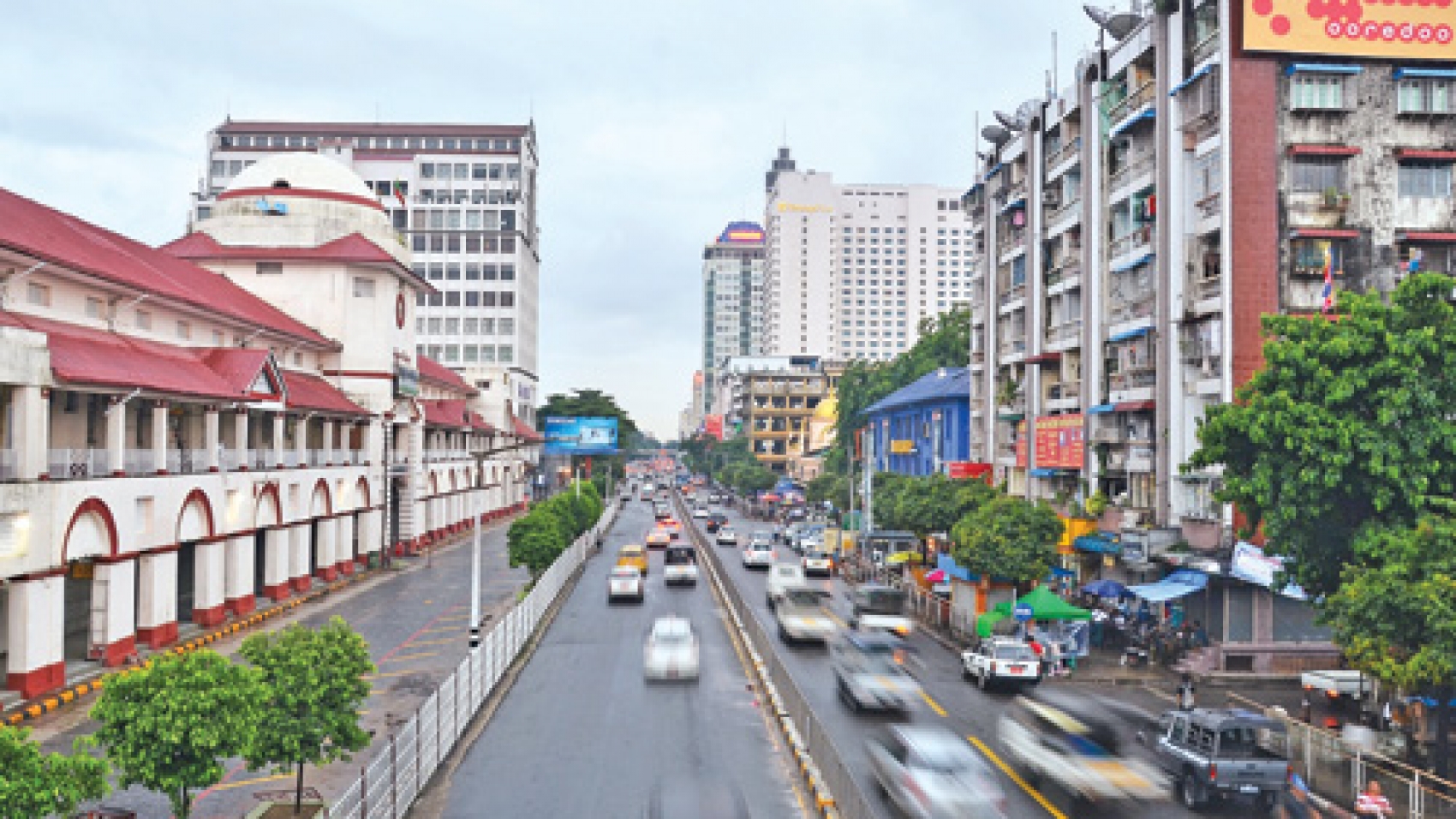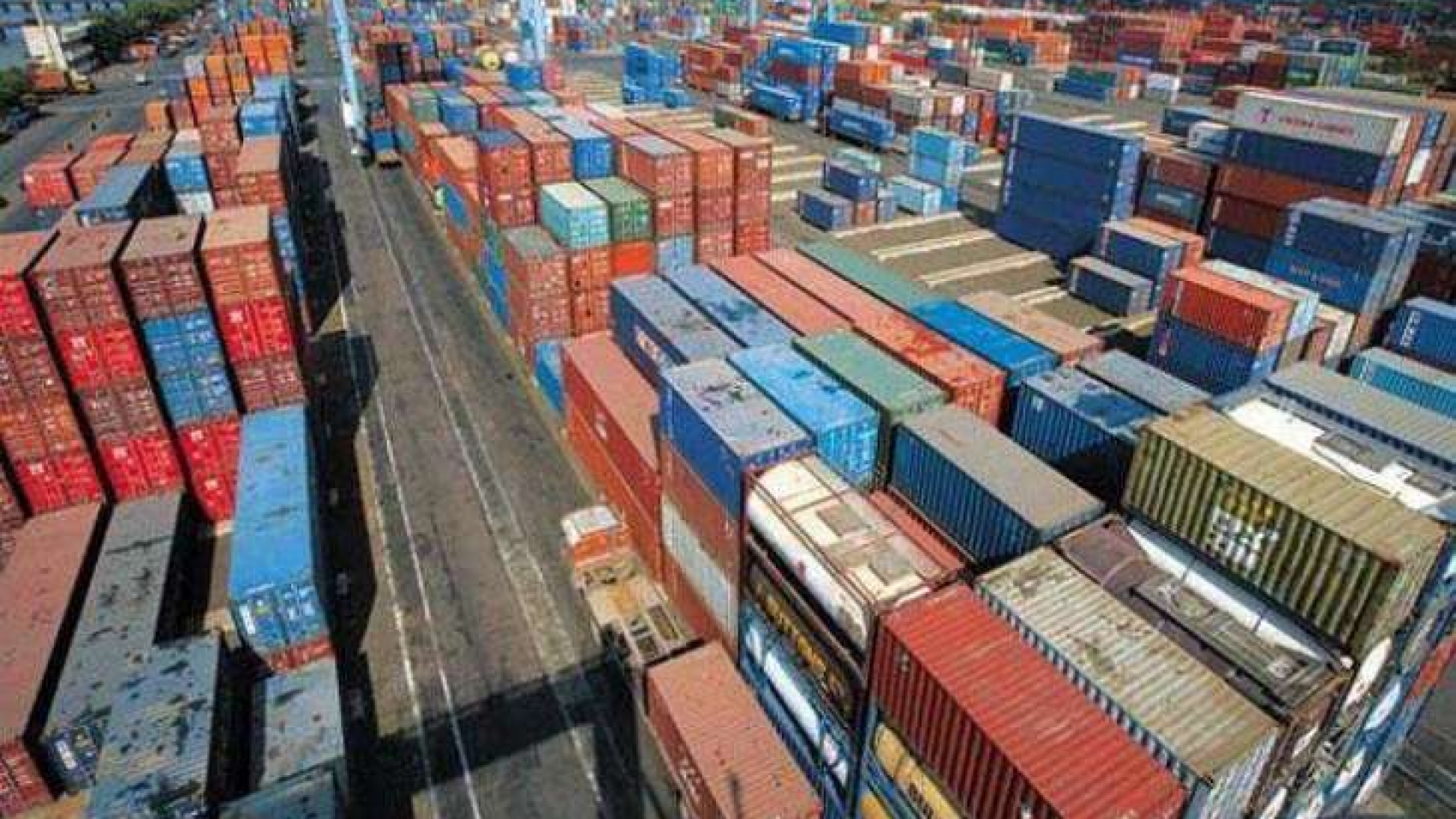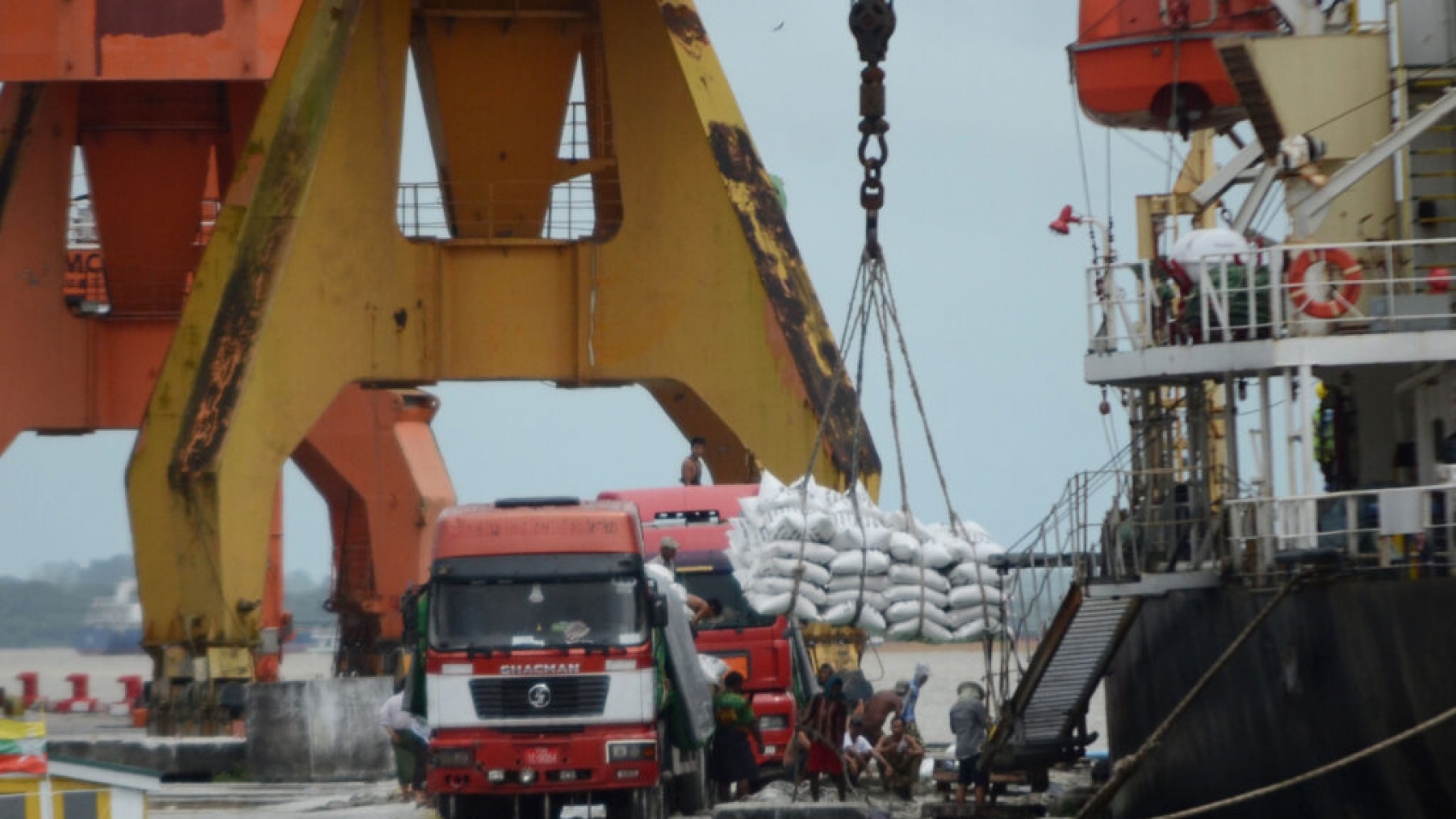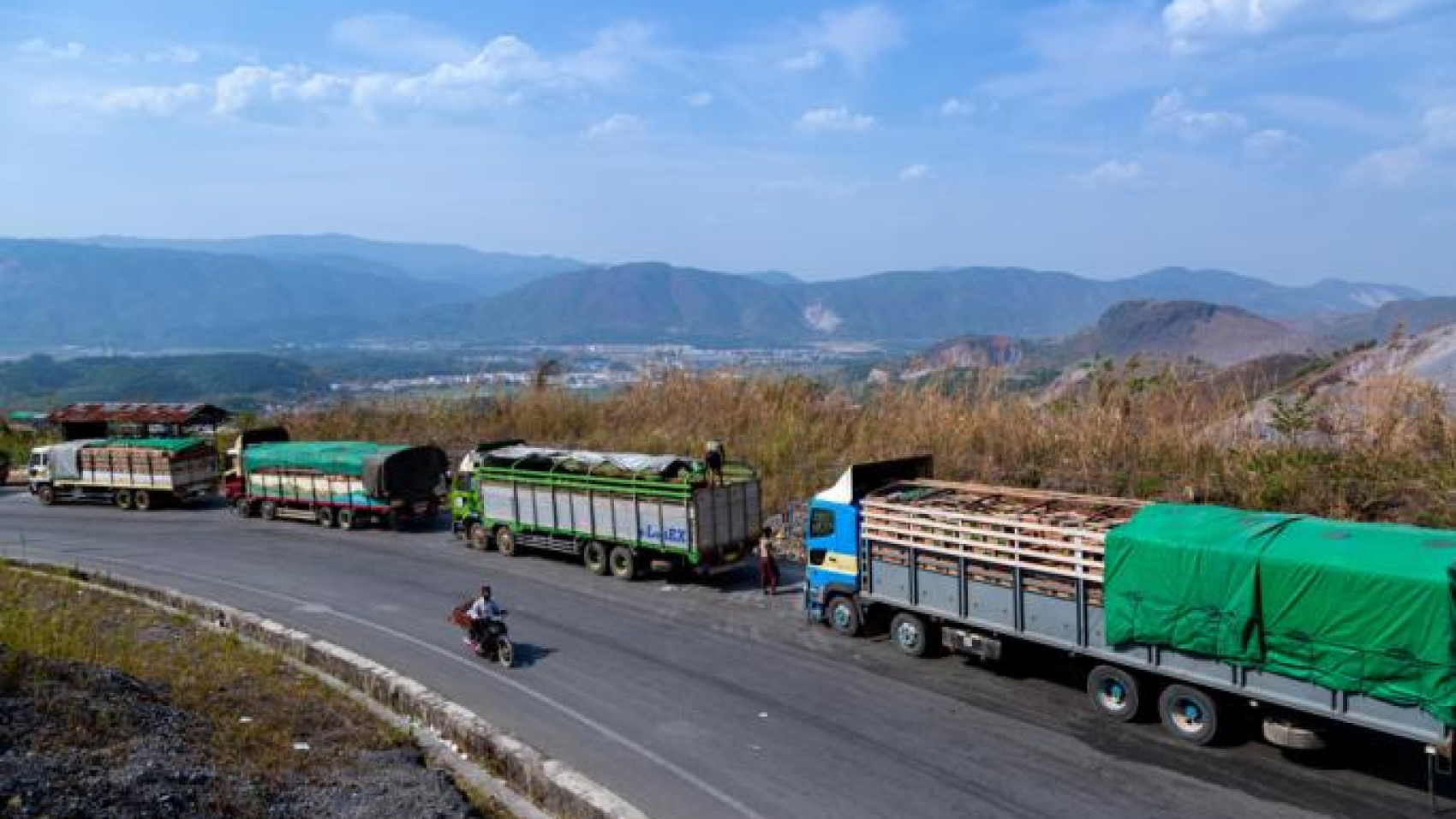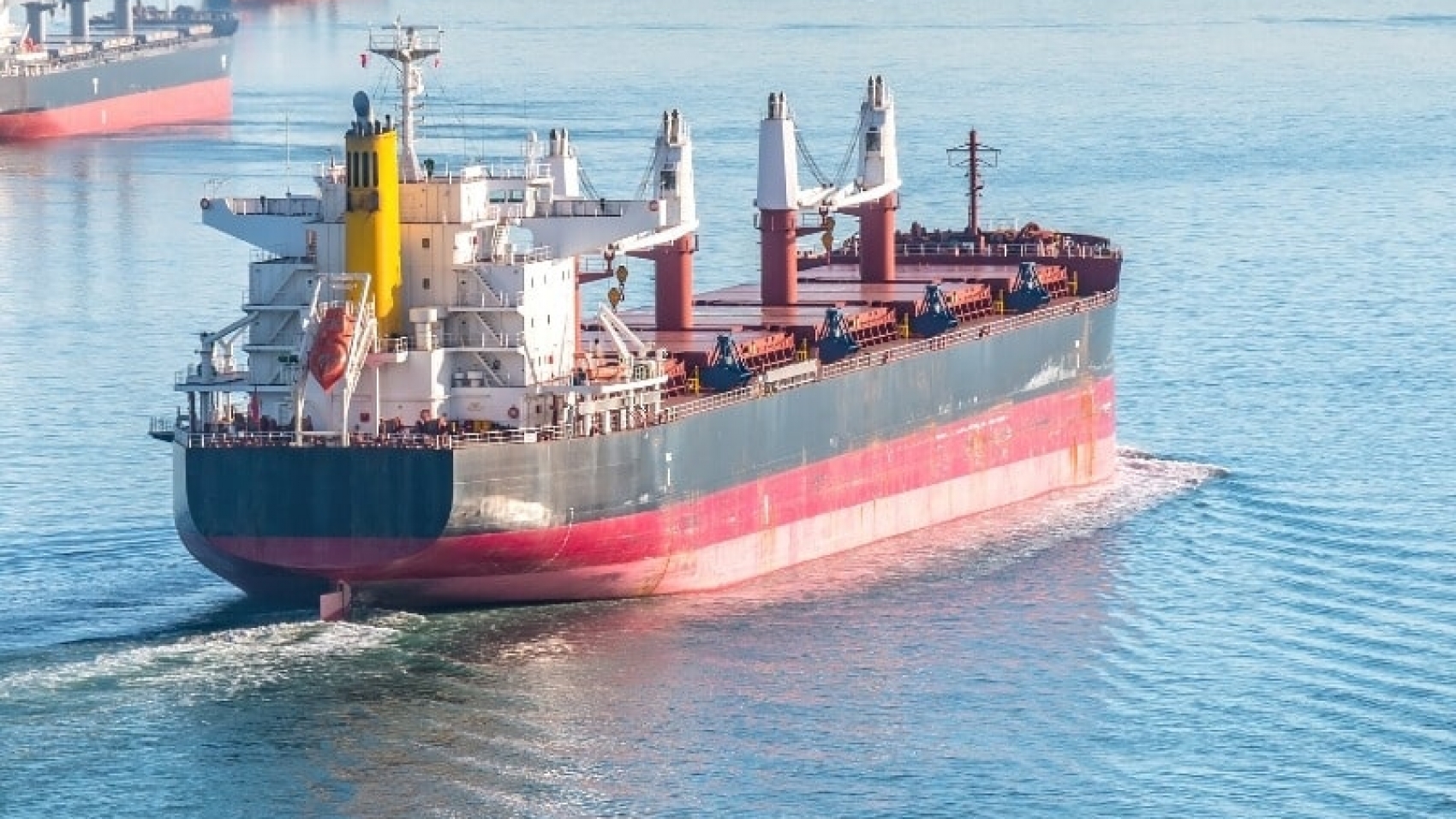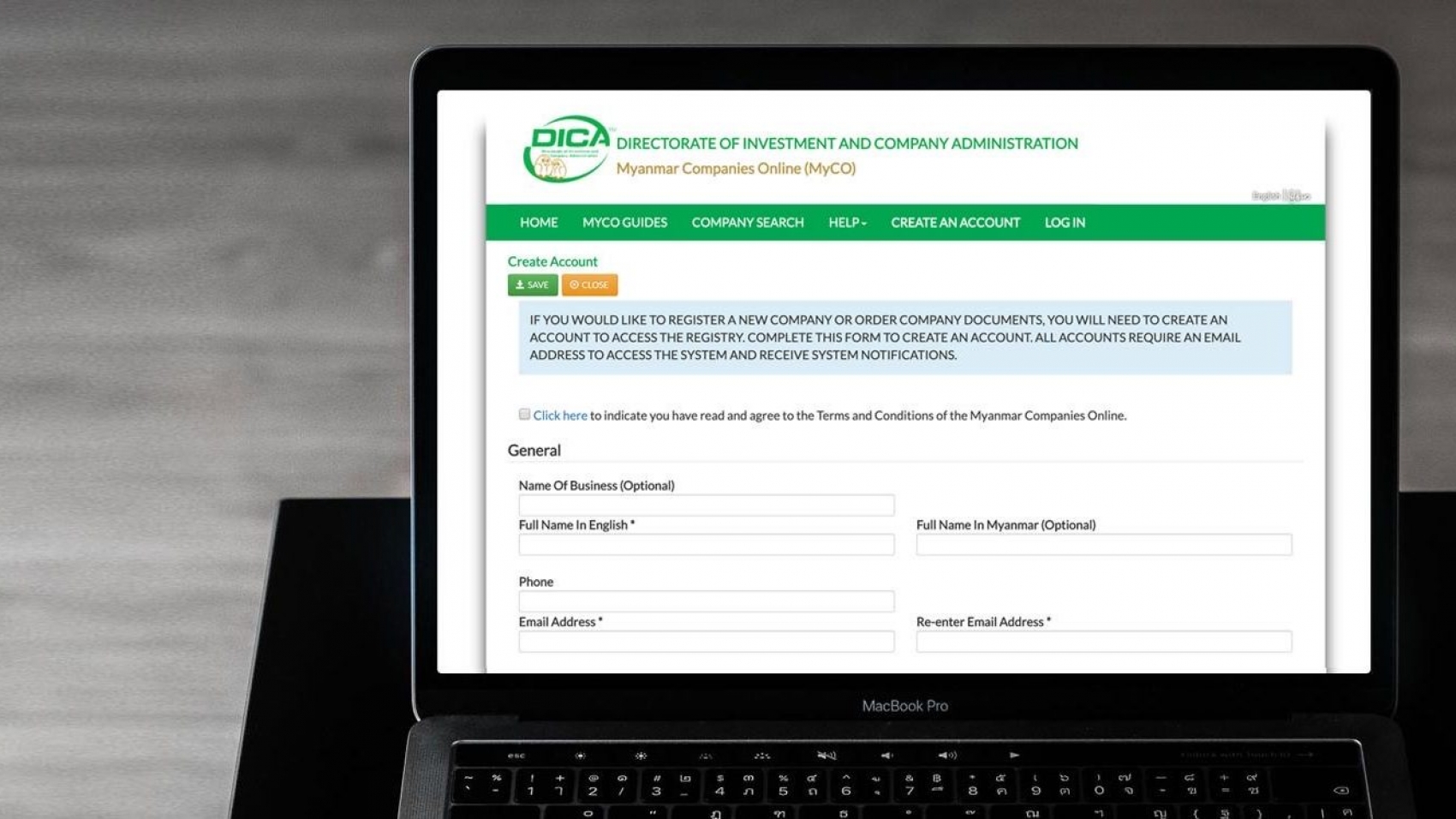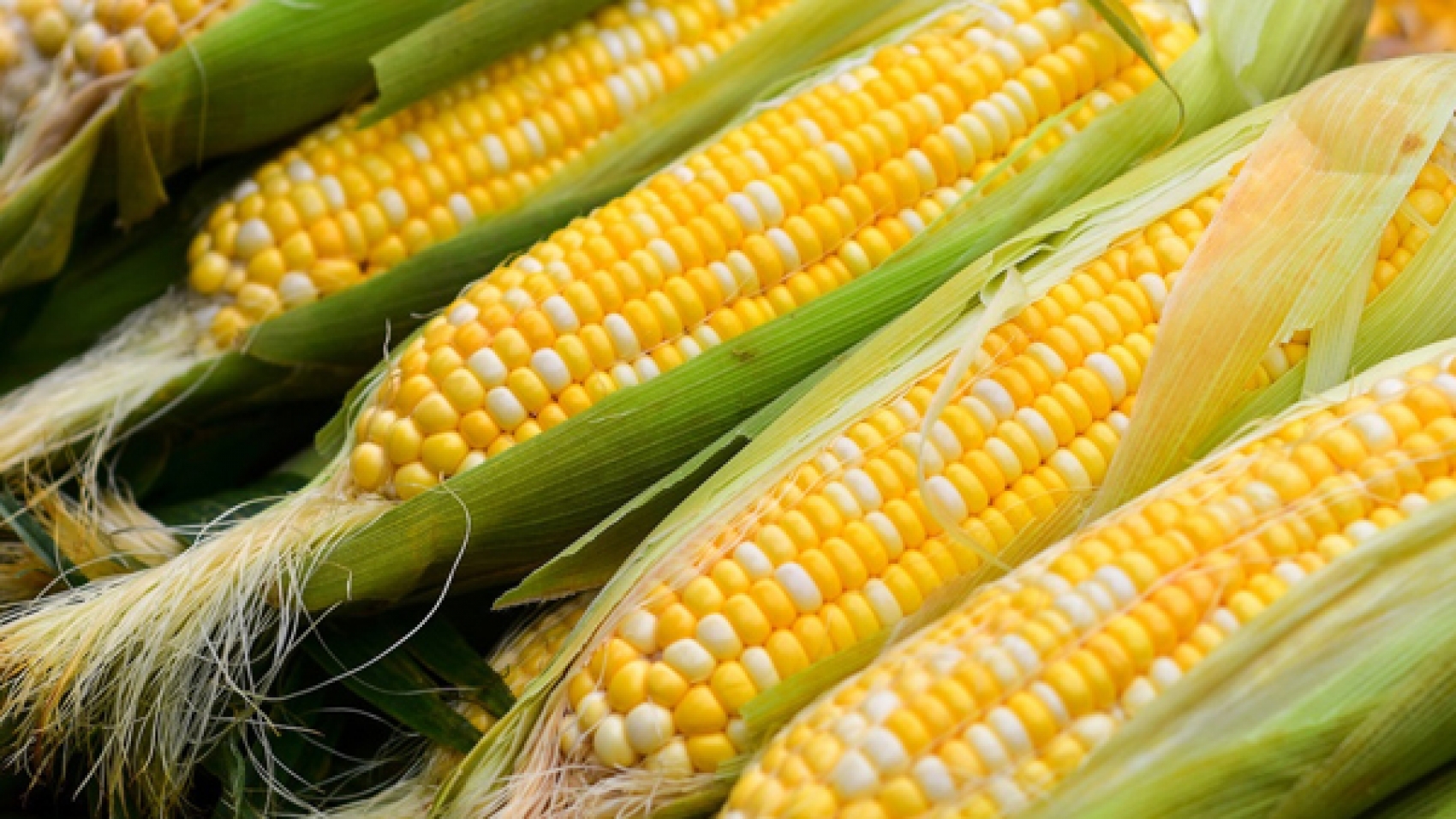The pricing of short-haul trucking service has exorbitantly soared owing to the shortage of Chinese truckers, said U Min Thein, vice-chairman of the Muse Rice Wholesale Centre. In a bid to contain the spread of coronavirus on the border, China banned border crossing. Only Myanmar goods can be exported to China through the Kyinsankyawt border with the use of a Chinese short-haul trucking service. “Myanmar trucks are restricted to enter China side. However, there is a shortage of Chinese truck drivers. Approximately 300-400 short-haul trucks with a loading capacity of 1,000 rice bags are readied in the Myanmar side yet they are banned to pass the crossing. If the restriction is lifted, the trucking cost will fall for sure. At present, the traders are offering competitive prices for their goods, forcing Chinese drivers to manipulate the pricing.
Only Chinese drivers and operators can take advantage of this case. Myanmar truckers cannot help doing it,” U Min Thein stressed. As a result of this, the cost of Chinese short-haul trucking tremendously rose to K10 million per truck, whereas the trucking was worth only K700,000-K800,000 when Myanmar truckers were allowed to enter China, he was quoted as saying. Only when China eases the restriction can the trucking rate drop. Only 140 truckloads of goods, including 100 watermelon trucks, are shipped to China via the Kyinsankyawt checkpoint at the moment. Earlier, about 400 trucks went to China. Therefore, the volume of rice and broken rice export plunges from 60,000 to 10,000 per day. China shut down all the checkpoints linking to the Muse border amidst the COVID-19 pandemic.
Of the checkpoints, Kyinsankyawt has resumed trading activity from 26 November on a trial run. Myanmar daily delivers rubber, various beans and pulses, dried plum, watermelon, muskmelon and other food commodities to China through Kyinsankyawt. Myanmar has officially opened five cross-border posts with China; Muse, Lweje, Chinshwehaw, Kampaiti and Kengtung. Muse is a major trading hub with the neighbouring country, China. Between 1 October 2021 and 28 January 2022 in the current mini-budget period, the border trade between Myanmar and China amounted to US$446.68 million, comprising $425.88 million worth of exports and imports valued at $20.8 million, according to the Ministry of Commerce’s data. The Muse border post witnessed $4.057 billion worth of the Sino-Myanmar border trade last financial year 2020-2021, including exports worth $2.9 billion and imports worth $1.15 billion.
Source: The Global New Light of Myanmar

